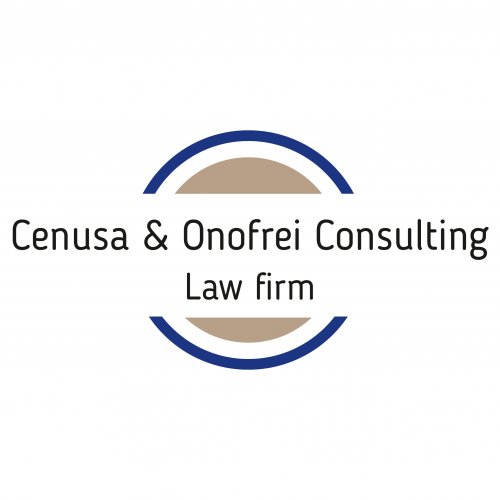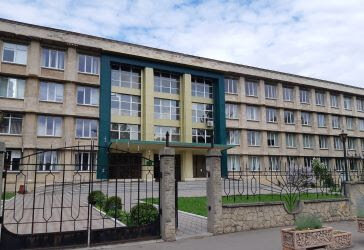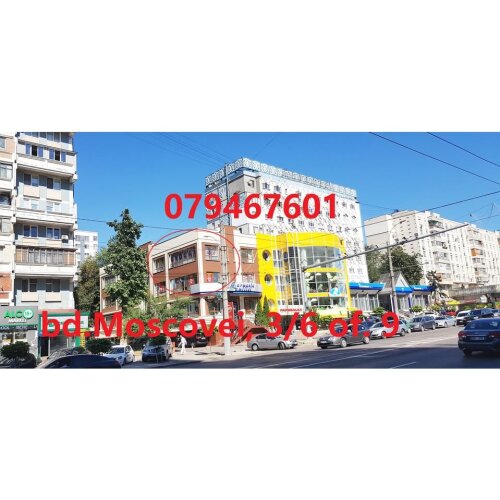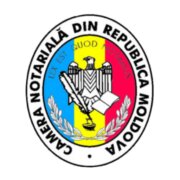Best Divorce & Separation Lawyers in Republic of Moldova
Share your needs with us, get contacted by law firms.
Free. Takes 2 min.
Free Guide to Hiring a Family Lawyer
Or refine your search by selecting a city:
List of the best lawyers in Republic of Moldova
About Divorce & Separation Law in Republic of Moldova
Divorce and separation in the Republic of Moldova are governed by the Family Code, which outlines the legal grounds, procedures, and consequences of dissolving a marriage. Generally, a marriage can be dissolved through mutual consent or due to irreconcilable differences, breach of obligations, or other specific reasons such as violence. Regardless of the circumstances, a formal legal process is required to ensure the dissolution is recognized by the state. The Moldovan legal system emphasizes the protection of children's rights and equitable distribution of marital property, making it important to adhere closely to the prescribed legal procedures.
Why You May Need a Lawyer
Seeking legal assistance during divorce and separation proceedings can be crucial for several reasons:
- Complexity of Legal Procedures: The divorce process can involve complex paperwork and legal requirements which a lawyer can help navigate efficiently.
- Child Custody and Support: Arrangements regarding the custody and support of children can be contentious and emotionally charged, requiring professional guidance to ensure children's best interests are prioritized.
- Division of Assets: Equitable distribution of marital property and debts can be complicated, especially when significant assets are involved.
- Protection of Rights: A lawyer can ensure that your rights are protected throughout the process, particularly in cases involving domestic violence or other sensitive issues.
- Mediation and Negotiation: Legal professionals can serve as mediators to negotiate terms amicably, potentially avoiding lengthy court battles.
Local Laws Overview
Understanding the local laws surrounding divorce and separation in Moldova is crucial:
- Grounds for Divorce: These include mutual consent, fault by one party, including neglect or abuse, and other specific reasons outlined by the law.
- Child Custody and Support: The law prioritizes the child's welfare, with custody arrangements including consideration of parental capabilities and the child's wishes.
- Property Division: Marital assets are subject to equitable distribution, which can be influenced by factors like the length of the marriage and each spouse's contributions.
- Alimony: Spousal support may be granted based on financial needs, standard of living, and other criteria set by law.
- Legal Process: Depending on whether the divorce is contested or uncontested, the process may require several hearings and adherence to specific timelines.
Frequently Asked Questions
1. What are the requirements for getting a divorce in Moldova?
Divorce in Moldova typically requires legal reasoning such as mutual agreement, incompatibility, or fault. The process involves filing a petition and may require court proceedings depending on the circumstances.
2. How is child custody determined?
Child custody is determined based on the best interests of the child, considering factors such as the child's age, parental capacity, and the child's own preferences if they are mature enough.
3. Can we handle the divorce without going to court?
Yes, if both parties agree on all terms, they can file for an uncontested divorce. However, court approval is still required to formalize the dissolution.
4. How long does the divorce process take?
The duration can vary based on the complexity of the case and whether it is contested, but it typically takes a few months from filing to finalization.
5. What happens if one spouse refuses to cooperate in the divorce?
If one spouse refuses to cooperate, the other can still file for a contested divorce, which will involve court hearings to resolve disputes.
6. Are prenuptial agreements recognized?
Yes, prenuptial agreements are recognized under Moldovan law and can be enforced if they meet legal requirements.
7. How is property divided in a divorce?
Property is divided equitably based on various factors, including contribution to the marriage, duration of the marriage, and future needs.
8. Can grandparents seek visitation rights?
Grandparents and other relatives can seek visitation rights through the court if it serves the child's best interests.
9. Is alimony automatically granted during a divorce?
Alimony is not automatic and is determined based on financial disparity, needs, and the ability to pay, with consideration of the marriage duration.
10. What if I am a victim of domestic violence seeking a divorce?
Victims can seek immediate legal protection and file for divorce on the grounds of violence, with legal provisions for expedited relief and support services available.
Additional Resources
For further assistance and information, consider contacting the following resources:
- Ministry of Justice of Moldova: Offers legal information and resources related to family law.
- Local family courts: For specific guidance on filing procedures and court hearings.
- Social services: Provide support and counseling for families undergoing divorce or separation.
- Legal aid services: For those who may qualify for financial assistance for legal representation.
Next Steps
If you require legal assistance regarding divorce and separation in Moldova, consider the following steps:
- Consult a Lawyer: Seek a qualified family law attorney to discuss your situation and obtain personalized legal advice.
- Gather Documentation: Collect necessary documents such as marriage certificates, financial records, and any agreements already made.
- Consider Mediation: If appropriate, consider mediation as a way to resolve issues amicably before pursuing a court case.
- Visit the Courthouse: Familiarize yourself with local courthouses and the legal process in your area.
- Stay Informed: Stay updated on any legal changes and understand your rights and obligations throughout the divorce process.
Lawzana helps you find the best lawyers and law firms in Republic of Moldova through a curated and pre-screened list of qualified legal professionals. Our platform offers rankings and detailed profiles of attorneys and law firms, allowing you to compare based on practice areas, including Divorce & Separation, experience, and client feedback.
Each profile includes a description of the firm's areas of practice, client reviews, team members and partners, year of establishment, spoken languages, office locations, contact information, social media presence, and any published articles or resources. Most firms on our platform speak English and are experienced in both local and international legal matters.
Get a quote from top-rated law firms in Republic of Moldova — quickly, securely, and without unnecessary hassle.
Disclaimer:
The information provided on this page is for general informational purposes only and does not constitute legal advice. While we strive to ensure the accuracy and relevance of the content, legal information may change over time, and interpretations of the law can vary. You should always consult with a qualified legal professional for advice specific to your situation.
We disclaim all liability for actions taken or not taken based on the content of this page. If you believe any information is incorrect or outdated, please contact us, and we will review and update it where appropriate.
Browse divorce & separation law firms by city in Republic of Moldova
Refine your search by selecting a city.

















